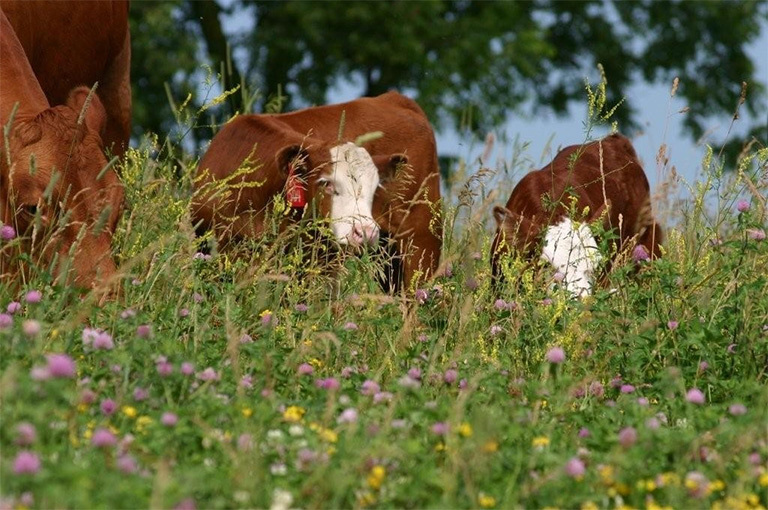Compassion ‘deeply concerned’ that COP26 agreement side-steps key food system issues
Published 11/15/2021
- Compassion in World Farming welcomes the fact that the COP26 agreement addresses certain urgent agricultural issues, such as the need to reduce methane and deforestation, although the charity says these reductions can only be achieved if we stop using soy as feed and cut cattle numbers.
- The charity is deeply concerned that several vital food system issues were ignored, such as the need to reduce the size of the livestock sector, decrease global meat consumption, and shift towards more nature-positive and welfare-friendly forms of farming.
- During the conference, Compassion launched a new report, “Breaking the Taboo: Why Diets Must Change to Tackle Climate Emergency” which outlines the clear scientific case that without a dramatic reduction in meat and dairy consumption, we will be unable to meet the Paris Agreement climate targets.
Peter Stevenson, Chief Policy Adviser at Compassion in World Farming, said:
“Livestock produce 14.5% of global GHG emissions, yet the contribution of livestock to climate change has largely been ignored during COP 26.
“We are deeply concerned that the COP26 agreement side-steps all the essential food system issues such as reducing the size of the livestock sector, decreasing global meat consumption and shifting to more nature-positive and welfare-friendly farming systems. Without taking such steps it will be impossible to meet the 1.5°C target and difficult even to reach the 2°C target.
“However, there are tiny seeds of hope that we must nurture. The challenge now is for us to convince countries that the only way of honouring the Deforestation Declaration and the Methane Pledge is to end the use of soy as feed and cut cattle numbers.
“We must also persuade countries that the Policy Action Agenda for Sustainable Agriculture has to be taken seriously and that if we wish to halt the harms described by the Agenda we must genuinely transform how we produce and consume food. This must include a dramatic global reduction in meat and dairy consumption as well as a reduction in livestock.”
To book an interview or for further information contact Compassion in World Farming’s Media Team: 01483 521 886 or media.team@ciwf.org
